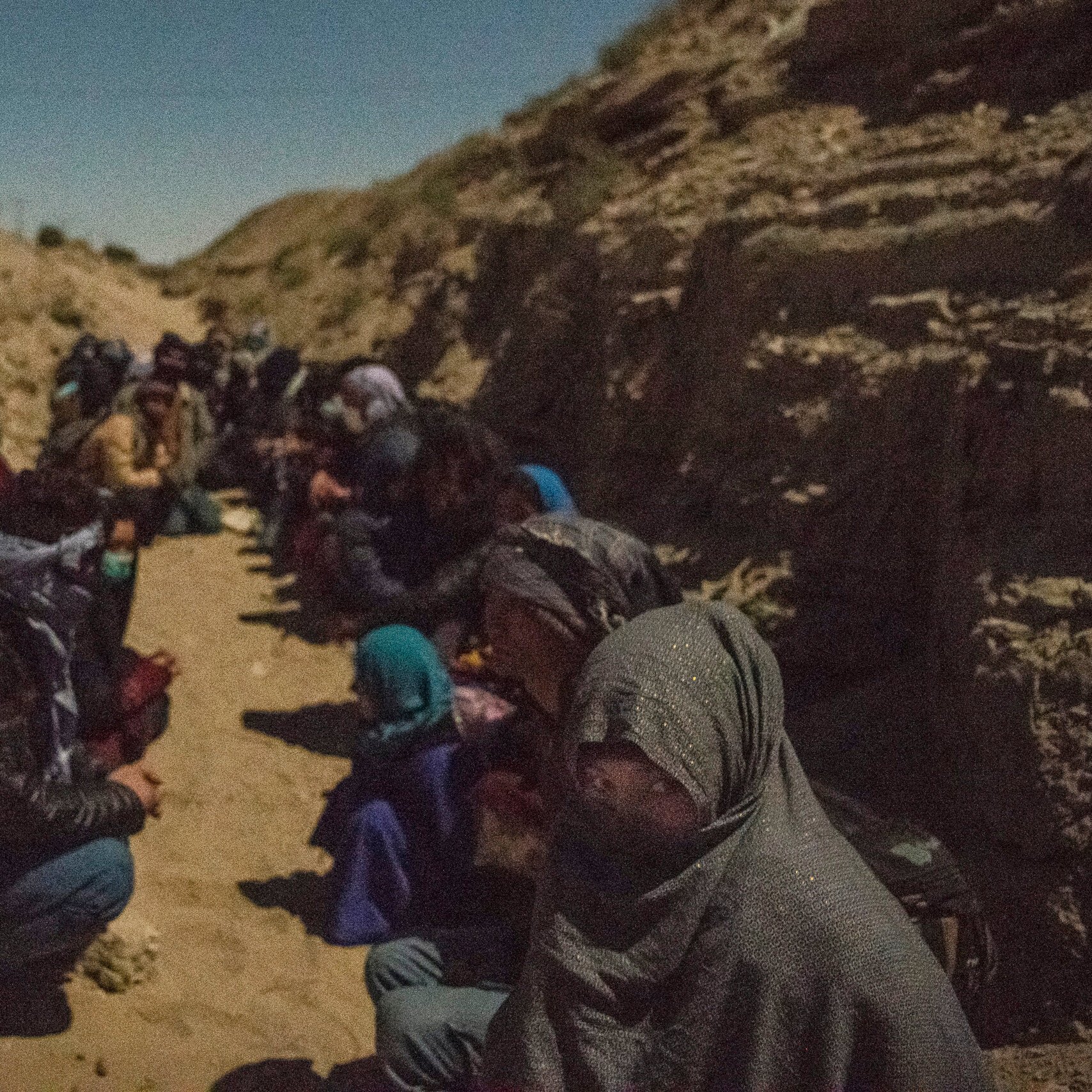By Prem Mahadevan, Maria Khoruk, and Alla Mohamad Mohmandzaï
The fall of Kabul in August 2021 marked the onset of a fourth wave of distress migration from Afghanistan in the last 50 years, a departure from the relative stability during the Islamic Republic of Afghanistan (2001-21). This research, conducted in collaboration with the Global Initiative against Transnational Organized Crime (GI-TOC), unveils the pervasive features of Afghan migrant smuggling and examines the ramifications of the Taliban's resurgence on human mobility.
Drawing from extensive interviews with successful migrants, those who attempted but failed, as well as the smugglers and financiers integral to their journeys, the study elucidates the enduring presence of an illicit economy crucial not only for Afghanistan but also for the broader region and the Global North.
This research study pursues a twofold objective: firstly, it analyses preliminary findings, providing insights into the evolving dynamics of human mobility post-Kabul's fall on August 15, 2021. Secondly, it addresses a literature gap by exploring the role of informal value transfer systems (IVTS) in clandestine Afghan migration. Although the study doesn't offer a comprehensive overview, it paints a vivid, albeit impressionistic, picture of contemporary Afghan clandestine movement, shaped by the experiences of migrants, their families, and those offering migrant smuggling services. These insights pave the way for a future research agenda.
Key takeaways emphasise the volatile nature of the irregular migration market in Afghanistan, requiring adaptability from those seeking an escape. The study underscores the significant role of IVTS like hawala in the Afghan human smuggling economy, with hawala brokers' trust and credibility further legitimising human smugglers. In irregular migration hotspots, IVTS serve as an integral part of the human smuggling infrastructure. Additionally, shared ethnic backgrounds establish trust relationships and are frequently leveraged by human smugglers and money transfer service providers. While enhanced barriers may increase migration costs and risks, they are unlikely to deter further migration driven by perceived economic and security imperatives, further deepening migrants' reliance on smuggler services.
Birmingham, UK: University of Birmingham. 2023, 33pg




